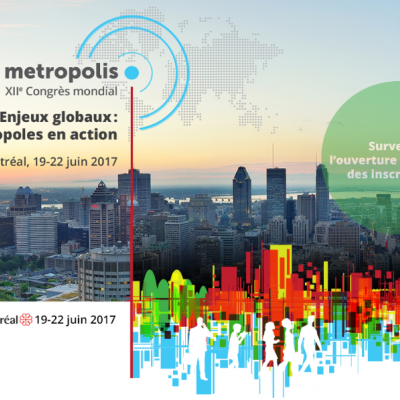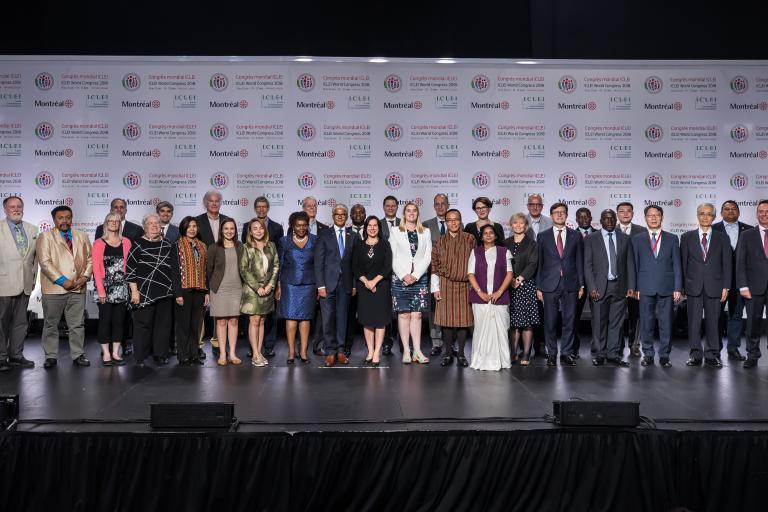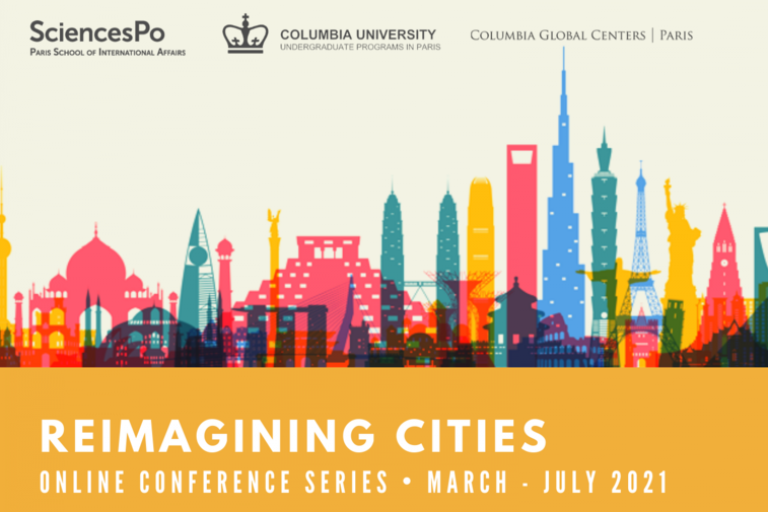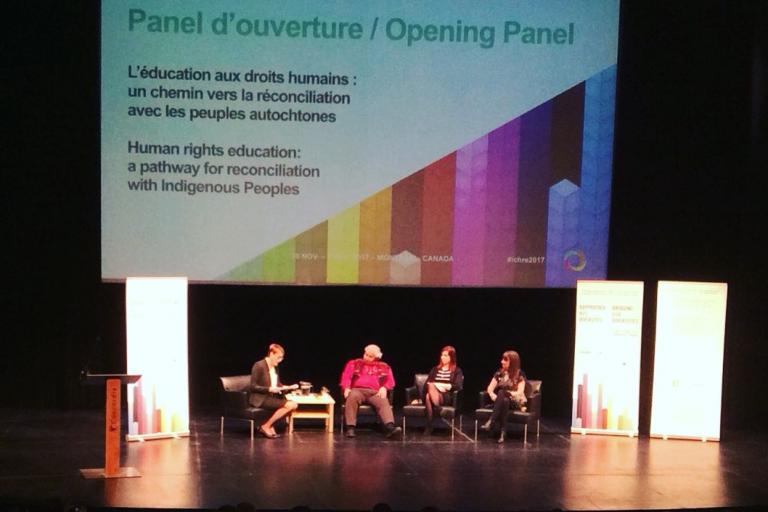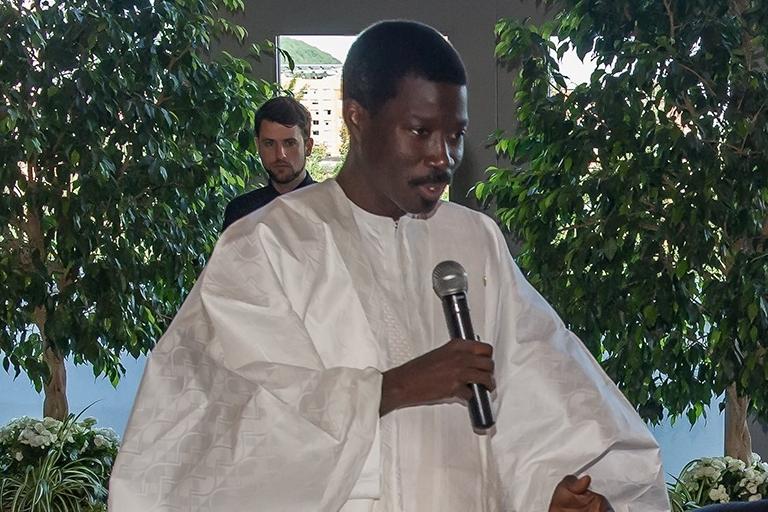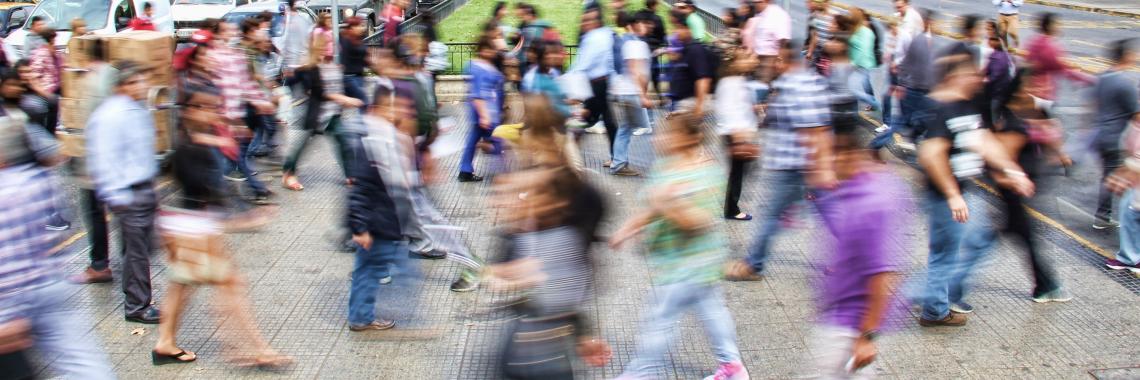
Building Inclusive Cities | Metropolis World Congress
ORIGINAL ARTICLE POSTED BY XII METROPOLIS CONGRESS
In these early years of the 21st century, metropolises around the world embody diversity more than ever before, forging common ground between what connects citizens and the cultures, ethnicities, religions, gender identities and social classes that distinguish them. This raises significant challenges for cities and local leaders who aspire to build inclusive cities in which all have equal opportunities to thrive.
“Inclusion and living together,” an issue that crosses borders and sparks worldwide political and social debate, will be one of the primary themes of the XII Metropolis World Congress to be held in Montreal from June 19 to 22. Close to 1,000 delegates from around the world will convene for a plenary session on June 21 to tackle the question “Living Together, Right to the City: How Can We Build Inclusive Cities?”
Spotlight on Montreal, Chicago, Berlin and Brussels
The Mayor of the host city and President of Metropolis will be among the invited panellists, presenting the numerous initiatives that have made Montreal an international leader in dealing with these issues over the past few years, including: establishing BINAM, the office for the integration of new immigrants to Montreal; the creation of the Centre for the Prevention of Radicalization Leading to Violence; the creation and organization of the Living Together Summit and the International Observatory of Mayors on Living Together; and the declaration of Montreal as a “sanctuary city” for refugees.
Mayors Rahm Emanuel of Chicago and Michael Müller of Berlin, along with Rudi Vervoort, Minister-President of the Brussels-Capital Region, will join in to share their experiences.
Wide-ranging discussions
Throughout the week, a range of other issues will also be addressed among the panellists, including the role cities play in welcoming and integrating immigrants, women’s safety in public spaces, urban safety and social integration, the right to the city and access to housing, as well as youth leadership etc.
The New Urban Agenda, which was adopted by the United Nations in Quito, Ecuador, in October 2016, recognized the right to the city and living together as global challenges whose “tangible effects are particularly observable in urban areas and in local governments.”
Within a few months of its adoption, the world’s major cities would take up the challenge in Montreal, working collectively to identify solutions.
See program
